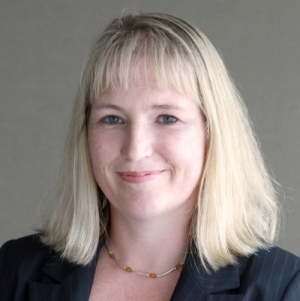THE TRADITIONALLY low-cost pasture-based dairying regions, such as New Zealand, have lost their cost advantage as input prices have risen, says a Rabobank report.
They now compete on the global market with a similar cost of production to producers with more intensive farming systems, according to a recently-released industry report.
In the report, No longer low-cost milk 'down under', agricultural banking specialist Rabobank says global milk production costs have converged between dairy-exporting countries, as the traditionally low-cost milk producers have seen their production costs rise, off the back of volatile global feed prices and the increasing use of feed in traditional pasture-based regions.
Report author, Rabobank director of dairy research, New Zealand and Asia Hayley Moynihan says New Zealand milk producers will need to structure their businesses and production systems to withstand ongoing high price volatility – for both dairy commodity prices and inputs.
Moynihan says lower-cost regions, like New Zealand, have already "largely capitalised their efficiency gains in a high milk-price environment into the price of land and other assets".
Therefore there is a need to adapt to this loss of absolute competitive advantage in milk production as efficiency gains become more difficult to obtain.
"It is likely that optimal supply chain efficiency could at least partially mitigate this loss," she says.
"Efficiencies achieved downstream in milk processing and marketing via a strong route to market and established supply chain relationships will likely play a greater role in differentiating competitive export companies and industries into the future."
Moynihan says to ensure competitiveness is based on more than just the cost of producing milk, the New Zealand dairy industry will need to work hard to ensure that it stays ahead of the pack in supply chain efficiency, market access, marketing and sensible regulation.
Historically, countries in the Southern Hemisphere have been well known for their low-cost dairy exports.
Moynihan says that extensive pasture-based production systems, plentiful natural resources and low opportunity costs in alternative land uses gave this region a competitive advantage.
"Countries such as New Zealand and Australia had abundant milk production, relative to the demands of their small population base. Recognising that exporting was not a discretionary activity for them, they developed focused export strategies.
"By contrast, dairy sectors in the EU and the US were highly regulated, resulting in production costs at least 50 per cent higher than the Southern Hemisphere as recently as 10 years ago."
However, Ms Moynihan says that between 2002 and 2012, the local currencies of New Zealand and Australian dairy exporters have strengthened 75 and 90%nt respectively, against the US dollar, accelerating the convergence of production costs and making US exporters relatively more competitive.


















